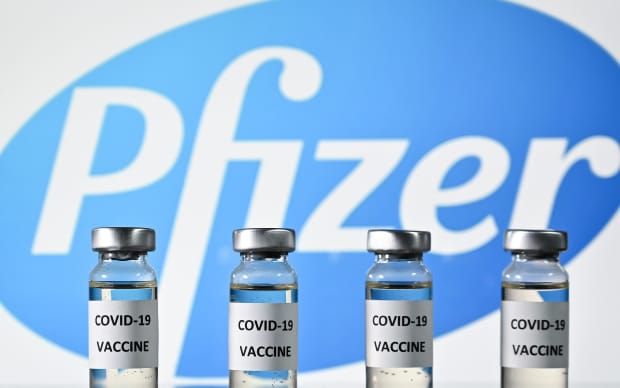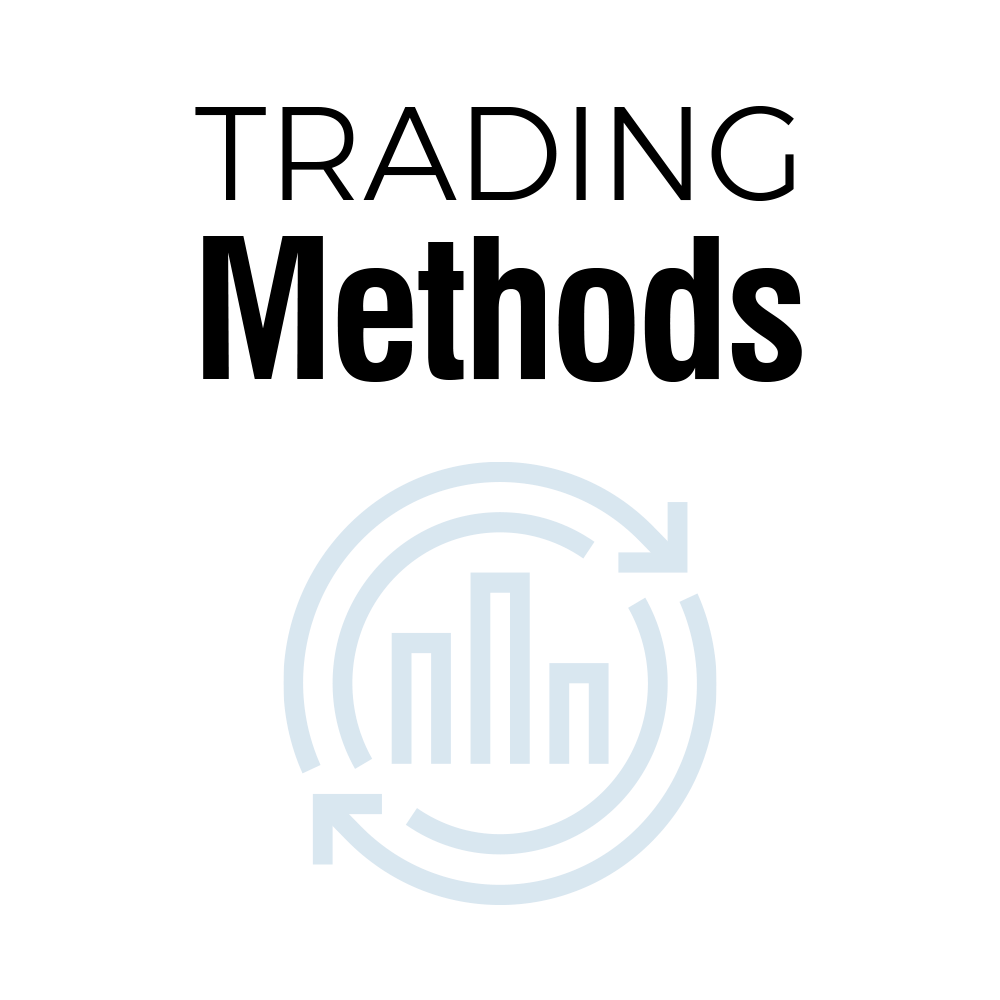
justin tallis/Agence France-Presse/Getty Images
The U.K.’s medicines regulator said on Monday that a decision on whether to approve the Pfizer-BioNTech coronavirus vaccine will be made in the “shortest time possible,” after receiving data on the drug.
The Medicines and Healthcare products Regulatory Agency said it will “rigorously assess these data and the evidence submitted on the vaccine’s safety, quality and effectiveness.”
Before it grants approval, the MHRA says it will seek advice from the government’s independent advisory body, the Commission on Human Medicines.
Last week, the U.K. government formally asked the MHRA to assess the COVID-19 vaccine from drugmaker Pfizer
PFE,
-0.84%
and its partner BioNTech
BNTX,
+1.43%
for its suitability, after the two companies applied for emergency-use authorization in the U.S.
The move came after data from the companies’ Phase 3 trial showed the vaccine had an efficacy rate of 95% in people over 65 years. The U.S. Food and Drug Administration said it would meet on Dec. 10 to discuss whether to authorize use the Pfizer-BioNTech vaccine.
Read: Pfizer and BioNTech make it official: COVID-19 vaccine EUA submitted
The U.K. is expected to receive a total of 40 million doses by the end of 2021, enough to vaccinate up to a third of the population, with the majority of doses anticipated in the first half of next year, the government said in a statement on Monday.
Globally, Pfizer has estimated it could have up to 50 million doses of its vaccine candidate available by the end of 2020, and up to 1.3 billion doses by the end of 2021.
“If approval is granted, the NHS [National Health Service] will be ready to deliver,” said U.K. health secretary Matt Hancock.
“The NHS has vast experience in delivering widespread vaccination programs and an enormous amount of work has taken place to ensure we have the logistical expertise, transport and workforce to roll out a vaccine according to clinical priority, at the speed at which it can be manufactured,” Hancock added.
The U.K. government has purchased seven different types of vaccine in advance and procured 355 million doses. This includes 100 million doses of the vaccine being developed by drugmaker AstraZeneca
AZN,
-1.44%
and the University of Oxford.
On Monday, AstraZeneca
AZN,
-3.81%
and Oxford said that their COVID-19 vaccine candidate was found to be as much as 90% effective in preventing infections, according to data from a late-stage clinical trial in the U.K. and Brazil.
Read: AstraZeneca-Oxford COVID-19 vaccine can be up to 90% effective, late-stage trials show
Interim analysis from the Phase 3 vaccine trial found that the experimental shot is 90% effective when administered as a half dose and then a full dose one month later, AstraZeneca and Oxford said. Effectiveness falls to 62% when two full doses are administered one month apart.
Read: Moderna signs supply deal with U.K. for COVID-19 vaccine
The U.K. government has also acquired 5 million doses from biotech Moderna
MRNA,
+2.59%
for its vaccine candidate, which has also shown to be 95% effective in Phase 3 trials. Moderna has said it will apply for regulatory approval in the U.S. in coming weeks.
Moderna
0A45,
+4.55%
will charge governments between $25 and $37 per dose of its experimental shot, depending on the amount ordered, Chief Executive Stéphane Bancel told German weekly Welt am Sonntag.
On Nov. 19, the head of the European Commission, the European Union’s executive arm, said the Pfizer–BioNTech and Moderna vaccine candidates could receive EU approval in the second half of next month.
European Commission President Ursula von der Leyen said the European Medicines Agency is in daily contact with its U.S. counterpart, the FDA, about the evaluation of the vaccines to “synchronize” assessment.







































